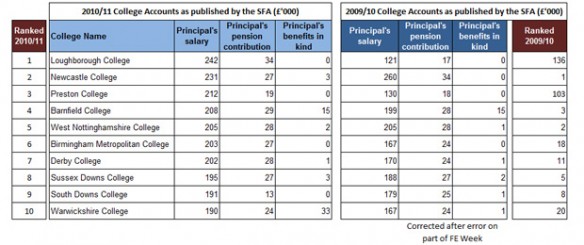The skills minister was questioned about the new National Careers Service and impartial information, advice and guidance in a live Twitter debate this morning.
John Hayes MP, the first minister from the Department for Business, Innovation and Skills (BIS) to ever take part in a Twitter Q&A, answered questions submitted via the hashtag #AskHayes in 140 characters or less.
“I really enjoyed today’s Q&A and thanks to everyone who participated for making it such a great discussion, it is definitely something I would consider doing again,” Mr Hayes told FE Week.
“I was delighted at the number of responses we received and it shows the depth of passion people have for careers guidance.”
Mr Hayes added: “I wanted to answer everyone’s questions but unfortunately ran out of time.
“If there was anyone I missed out then please do write and I will reply.”
Questions were raised in the session over how a biased or reduced careers advice service, such as from schools with sixth forms, would be monitored and sanctioned by government.
Peter Cobrin, co-founder of Apprenticeships England, tweeted: “What will the Minister do about schools who deny impartial information about alternatives to sixth form study?”
Mr Hayes later replied: “The new law means schools must provide advice that is balanced, including information on vocational options like apprenticeships.”
Similar concerns were voiced by Stephen Exley, a reporter at the Times Educational Supplement (TES), who tweeted: “What stick is there to deter schools with sixth forms offering reduced careers advice to try and keep their students?”
The skills minister reassured Mr Exley that such practice would be against the law.
The new National Careers Service offers an impressive online product, & we expect it to get 20m hits a year! But even more than this, with 3250 locations up & down the country, we estimate 700,000 people will have face-to-face help.
Mr Hayes tweeted: “The new law says schools advice must be independent and impartial.
“What you describe wouldn’t be either.”
The FE loans system, due to be implemented in the 2013/14 academic year, will affect learners aged 24 or above and studying a course at level 3 or higher.
Steph Hulford asked Mr Hayes whether the National Careers Service would be in charge of explaining the system to potential adult learners.
She tweeted: “How will you sell “loans” to adults already concerned about HE funding, will the new service provide financial info?”
The skills minister replied: “Careers advisors will, as part of the package, offer advice on costs and finance.”
Concerns were also raised by Twitter users over the number of face to face advice and guidance sessions available to users through the National Careers Service.
Pam Hewitt, a self employed CV consultant asked: “As an experienced guidance professional I know people want to talk face to face and discuss their futures, not tap on a keyboard.”
I was delighted at the number of responses we received and it shows the depth of passion people have for careers guidance.
The skills minister responded: “The new National Careers Service offers an impressive online product, & we expect it to get 20m hits a year!
“But even more than this, with 3250 locations up & down the country, we estimate 700,000 people will have face-to-face help.”
The live question and answer session coincided with the launch of the National Careers Service, the replacement for Next Steps which will offer information and advice for both young people and adults.
(Note: If you’re not familiar with Twitter, download our beginner’s guide here.)

